Bella Hadid and Kylie Jenner swear by compression therapy post-workout, but does it actually work? I tried it
Spoiler alert: I have some thoughts.


Recovery. You know you should be doing it – and there's usually a connection between leaving class early and the DOMS you feel the day after an intense workout. Yet, so many of us (myself included, as a full-time fitness writer) rush through a cooldown, eager to get on with the rest of our day.
As tempting as it is to hit the showers ASAP after a workout, neglecting recovery can have some pretty major consequences for your fitness routine. Not only can it lead to prolonged muscle soreness in the days afterward, but it also increases the risk of injury because your muscles don’t have time to repair properly. Moreover, you're way less likely to see those all-important gains.
When you're unsure of how to recover properly, it's easy to skip it entirely. That’s where compression therapy comes in. Recently, I’ve seen a tonne of celebrities, like Kendall Jenner and Bella Hadid, jumping on the trend, posting pictures of themselves chilling in space-age-looking recovery boots after a workout session. Apparently, they're a game-changer for easing muscle tension and soreness.
Keen to find out if the technique actually works, I put the trend on trial to see if it's genuinely worth your time. Scroll down to see what happened. And while you’re here, make sure to check out our guide to the best massage guns for releasing stress and tension.
I'd read all about the compression therapy benefits - so, do the space-age boots work?
First of all, what is compression therapy?
Compression therapy involves applying pressure to specific areas of the body, usually through the use of special garments like compression stockings, sleeves, or bandages (runners, IYKYK).
The giant boots you see A-listers wearing on Instagram (called "pneumatic compression devices") are basically a souped-up version of basic compression bandages. The wearable tech uses inflatable sleeves that intermittently inflate and deflate, applying and releasing extra pressure to the limbs.
These devices have long been used by medical professionals to treat chronic inflammatory conditions like lymphedema, but thanks to the stratospheric rise of high-tech wellness kit, these smart, connected gadgets have brought the therapy to the masses.
Marie Claire Newsletter
Celebrity news, beauty, fashion advice, and fascinating features, delivered straight to your inbox!
The biggest product on the market right now (the one you’ve probably seen all the celebs wearing) is Hyperice’s Normatec 3 Legs. So how does it work?
“Following any physical activity, whether it’s hitting the gym or simply running for the bus, your muscles require oxygen and nutrients to mend the strained tissues," explains Gilad Jacobs, founder of NormaTec Recovery. "This essential nourishment is supplied by the circulatory system, which boosts blood flow to the hardworking muscles."
“At the same time, the veins and lymphatic channels work to eliminate waste products like lactic acid and carbon dioxide from the body. These are the culprits behind that familiar muscle soreness and fatigue experienced post-exercise," they continue.
Jacobs explains that the sequential pulsing feature in Normatec 3 boots imitates the natural muscle contractions in your legs. This action aids in flushing out fluids and those pain-causing by-products, expediting oxygen delivery to the muscles and reducing swelling. Ultimately, this process enhances your recovery.
"Many people view these boots solely as a recovery aid, but wearing them before exercising can also heighten oxygen levels in your legs, which is known to generate energy for movement and function" adds Jacobs.
It's worth noting that some scientific research backs the use of PCDs (pneumatic compression devices) in muscle recovery. A 2017 study showed a reduction in muscle soreness when wearing these devices after exercise. However, other studies focusing on cyclists have yielded inconclusive results regarding the effectiveness in recovery, so more research is definitely needed.
@babybella777 Day off , getting ready to go to the airport and fly ta my next job ! You guys like this shit? Health is wealth!!!!!
♬ Crave You (feat. Giselle) - Flight Facilities
What are the compression therapy benefits?
There have been a few studies on the effectiveness of compression therapy, including this 2018 study published in the Journal of Applied Physiology which concluded that wearing the boots enhances both blood flow and circulation.
Other benefits include:
- Improved lymphatic drainage
- Reduced lactic acid
- Improved flexibility
- Improved range of motion
- Quicker recovery time
- Fewer DOMS.
What does compression therapy feel like?
You know that scene in Charlie and the Chocolate Factory where Violet Beauregarde eats a piece of dodgy gum and inflates like a balloon until she's eventually rolled away to the juicing room to be squeezed? That’s kind of what these boots feel like when they’re inflating around your legs. But it’s not painful or uncomfortable.
Setting them up is fairly easy. The box comes with two shoe sleeves, a set of "hoses" (giant wires), and an air compressor with easy-to-use buttons. The gadget also connects to an app where I can plug in my details like height and weight and scroll through a menu of treatments, ranging between 15 to 60 minutes. There’s a choice of short pre-workout compression blasts and longer sessions for sleep, recovery, and muscle soreness. After a five-hour charge, they’re ready to go, so I lay them out on the sofa and slip my legs inside.
One thing to know is that you can wear your clothes while using the Normatec boots, so there’s (thankfully) no chance of being caught in the buff by unsuspecting flatmates or neighbours. After a quick tap of the app, I select a 15-minute pre-run warmup treatment and wait for the boots to do their thing.
The gadget starts by filling up the air around my feet until I’m vacuum-packed tightly inside. Next, it pulses the air around my heels and toes to increase blood flow and movement. The boots have five "zones" in total - feet, ankles, calves, thighs, and hips - which inflate in succession, moving higher up my leg as they go. This creates a pulsating massage effect that helps to move fluids and improve circulation.
There are seven compression levels in total, which can be adjusted to your liking. I start with a level 3, which feels surprisingly intense. Once I get used to the sensation, it actually feels pretty good.
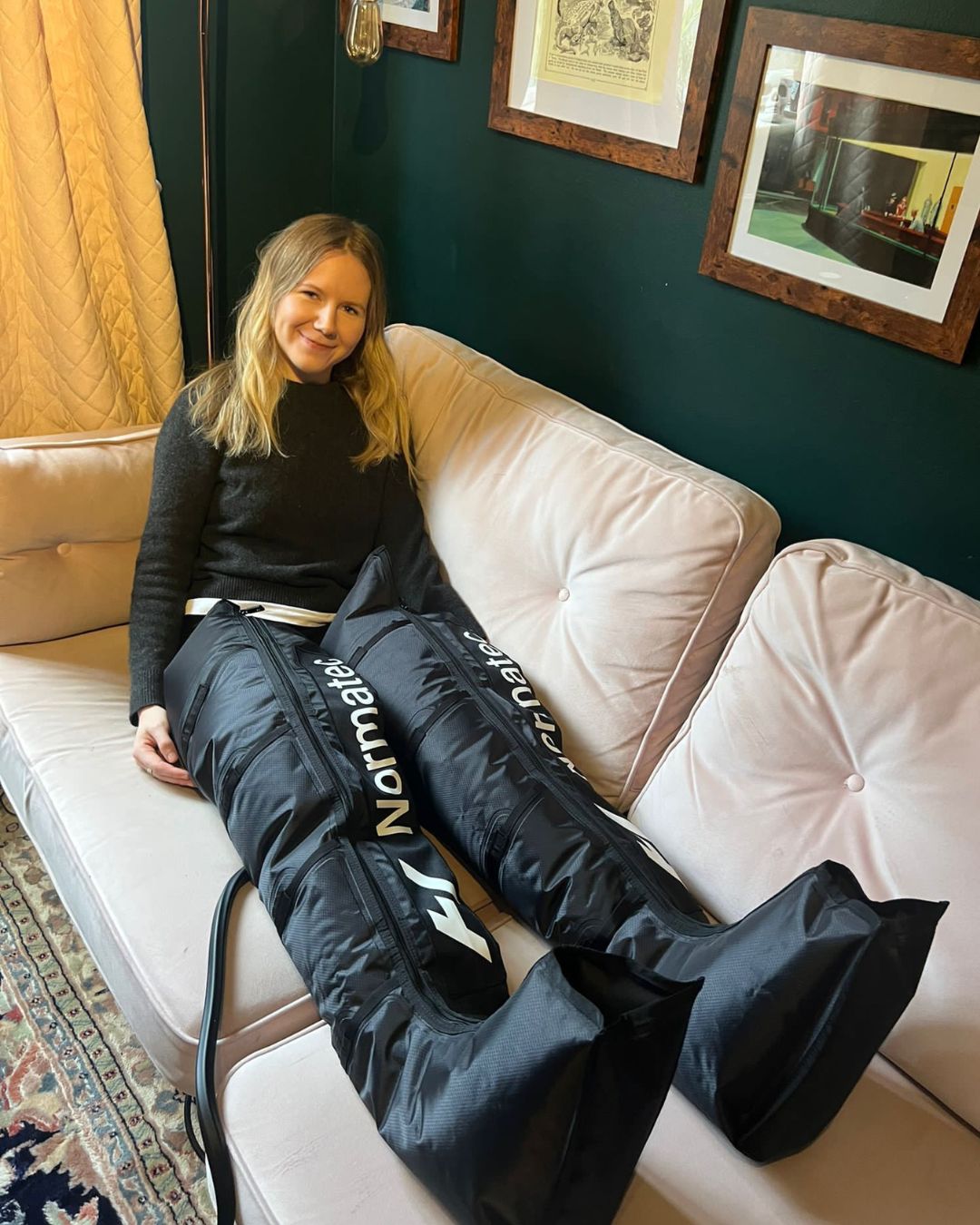
Liz trying the compression boots
What’s the verdict?
After my first session, I unzip my legs and am surprised at how fresh they feel. I’m lighter, more energised, and feel more efficient on my runs.
I’ve started using them for longer recovery sessions in the evening too, which has reduced the usual agony of DOMS and has had a surprisingly great effect on my sleep.
The big reason I like these boots is that they force me to take recovery seriously. When I’m zipped in, I’m basically trapped, so I can’t get distracted and wander off to do something else. But because they’re quiet enough to wear while watching TV or answering emails, I don’t get bored or impatient midway through the session.
The downside to these boots is their cost. At £799 (currently reduced from £899), they are pricey. And not exactly something you can casually buy on a payday whim. Of course, there are plenty of other more price friendly options on the market, too, some of which I've included below.
That said, if you’re someone that already forks out for lymphatic drainage or monthly sports massages, you might want to save yourself the travel time and invest in these bad boys instead.
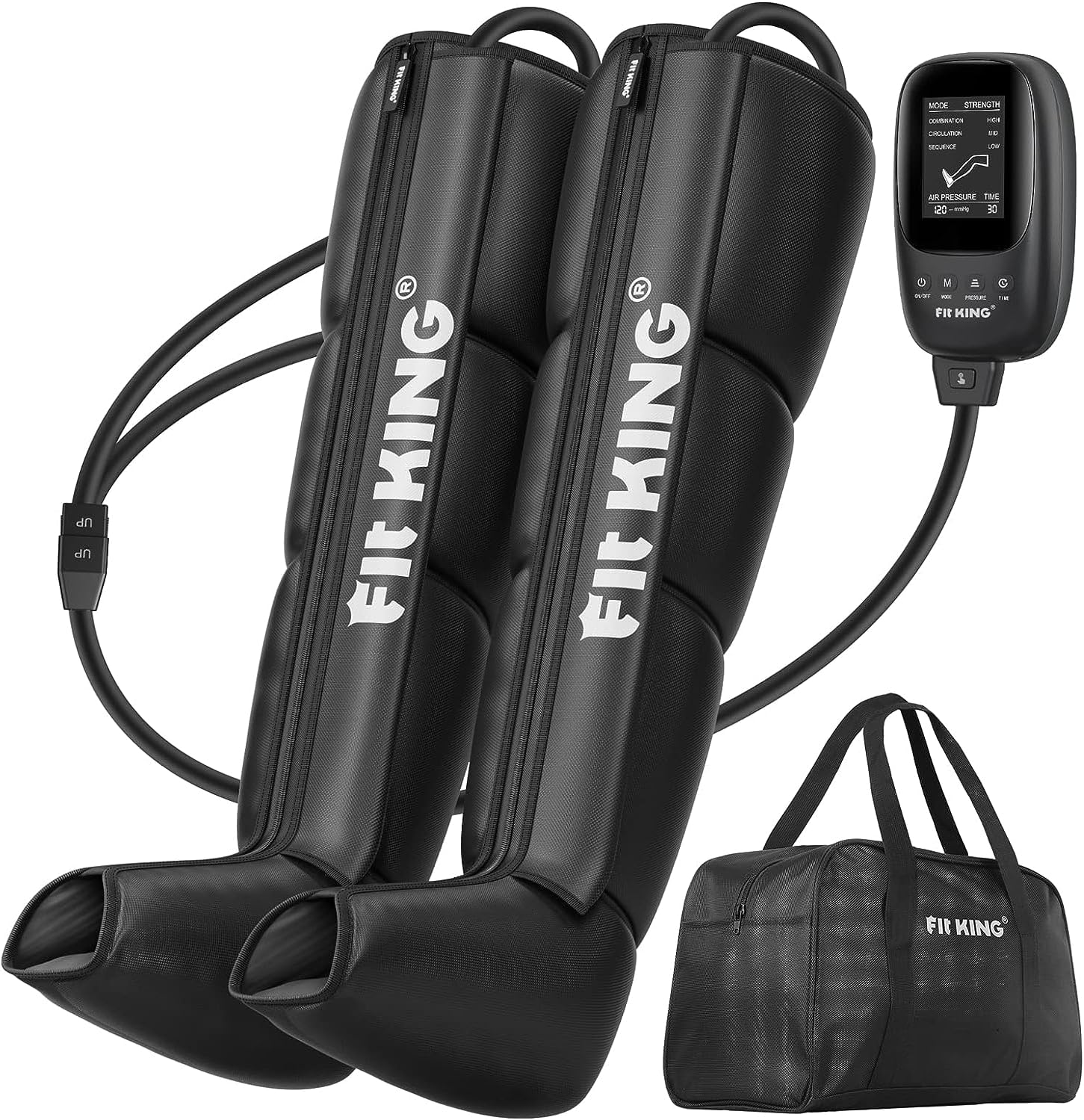
Using a gentle squeezing massage, the FIT KING massager machine will adjust the pressure and inflation volume based on the size of your legs. Also worth noting: it comes with a handy storage bag making it easy to transport.
Shop MC UK's go-to workout kit:
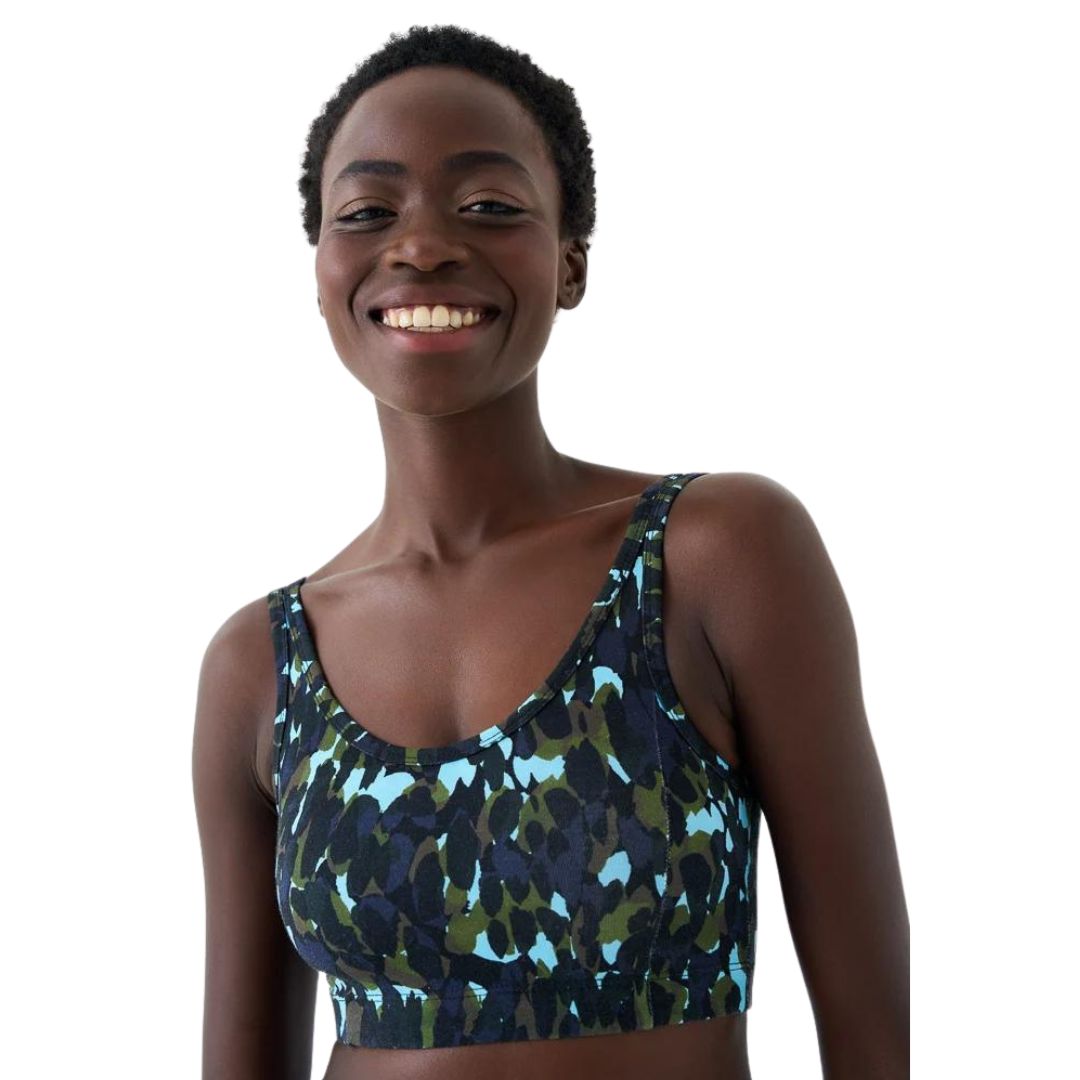
Specifically designed for working out, up your workout wardrobe with this soft-to-the-touch sports bra that will support you in all the right places. Plus, you know you're investing in a company doing good - BAM is climate-positive and a certified B Corp.
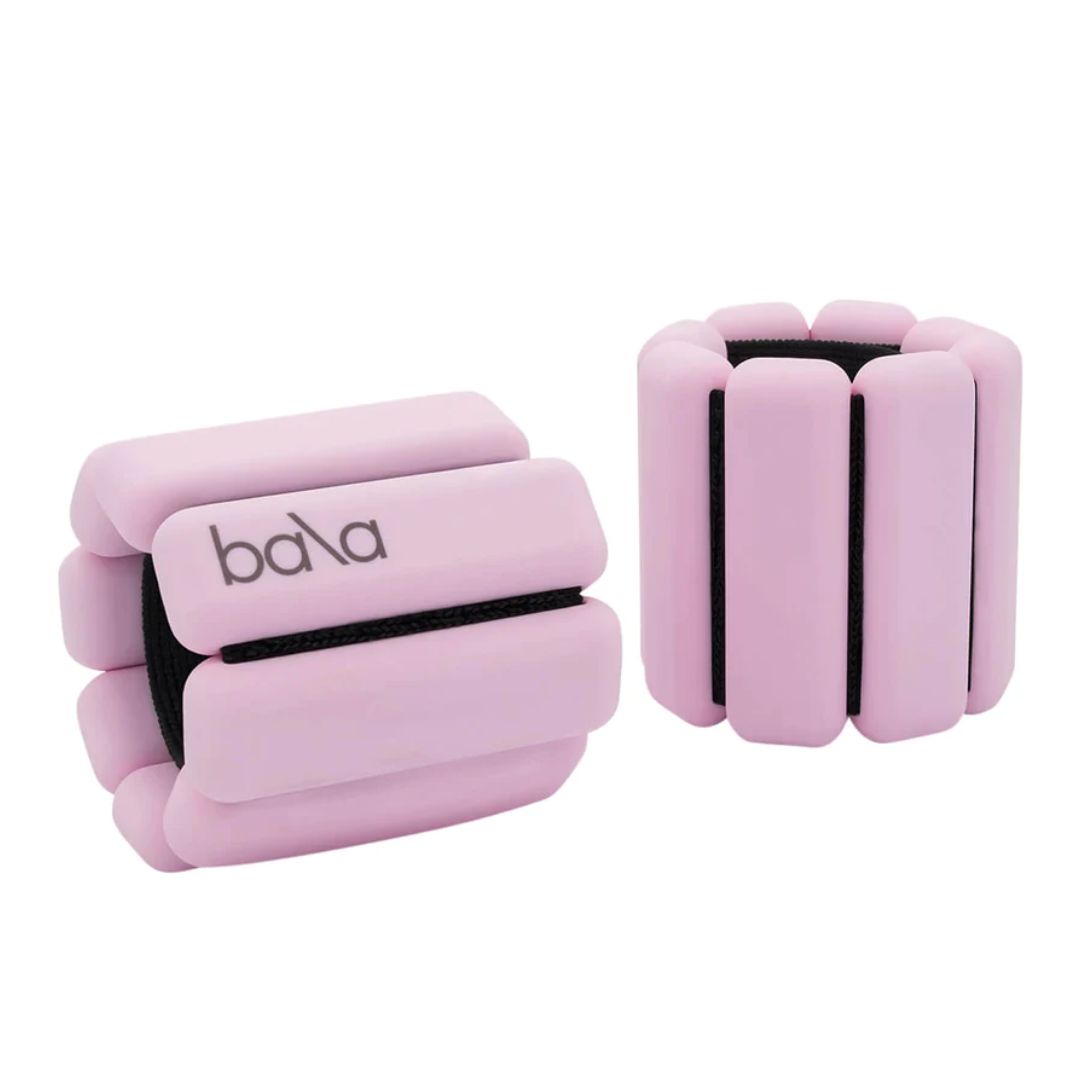
The Bala ankle and wrist weights went viral for a reason. Not only do they look great, but they help take your workout up a notch by adding extra weight.
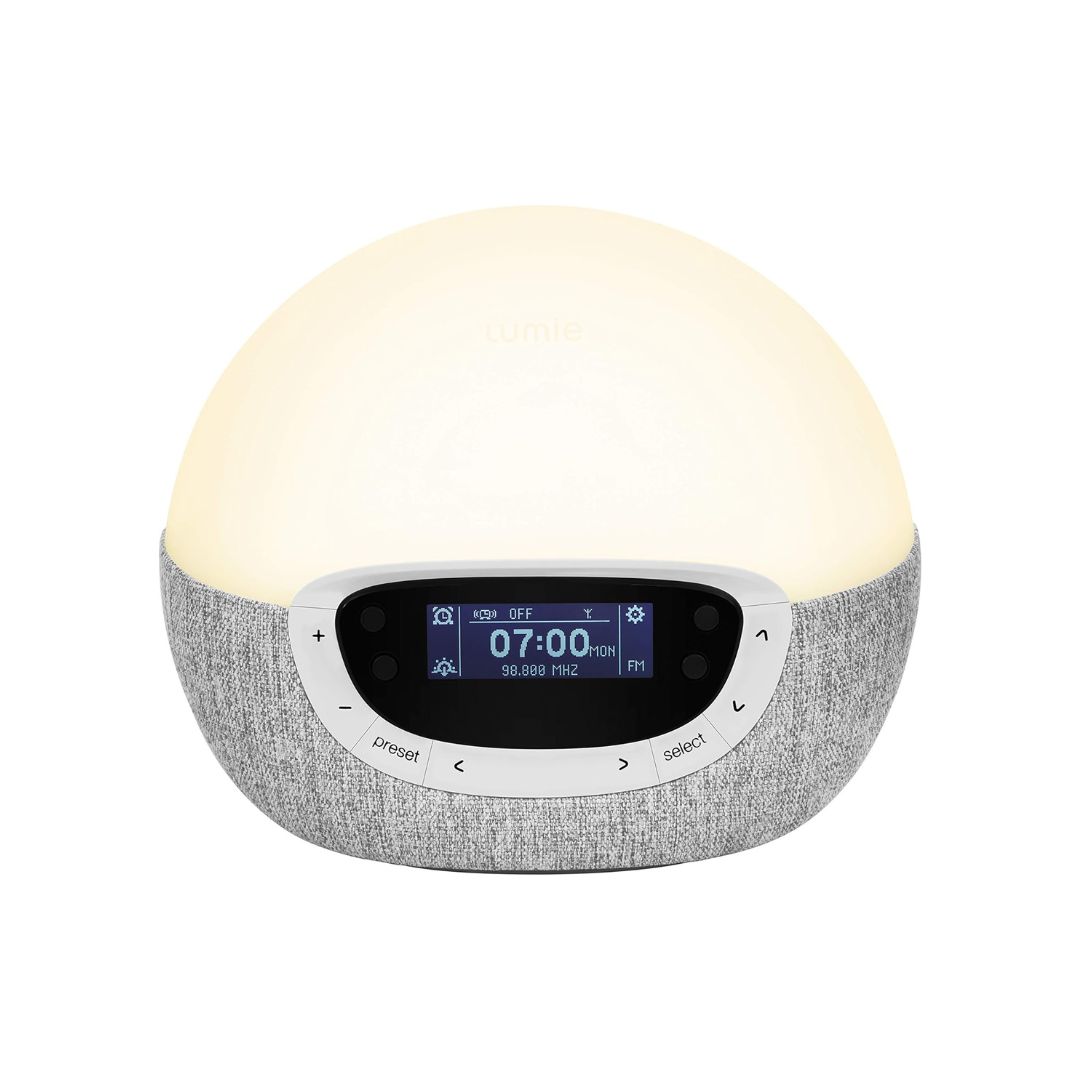
This new SAD lamp from Lumie is the perfect way to perk up gloomy winter mornings. The Marie Claire UK team has tested it personally and can confirm it's easy to use, stylish in any room, and effective at helping you stave off winter blues.
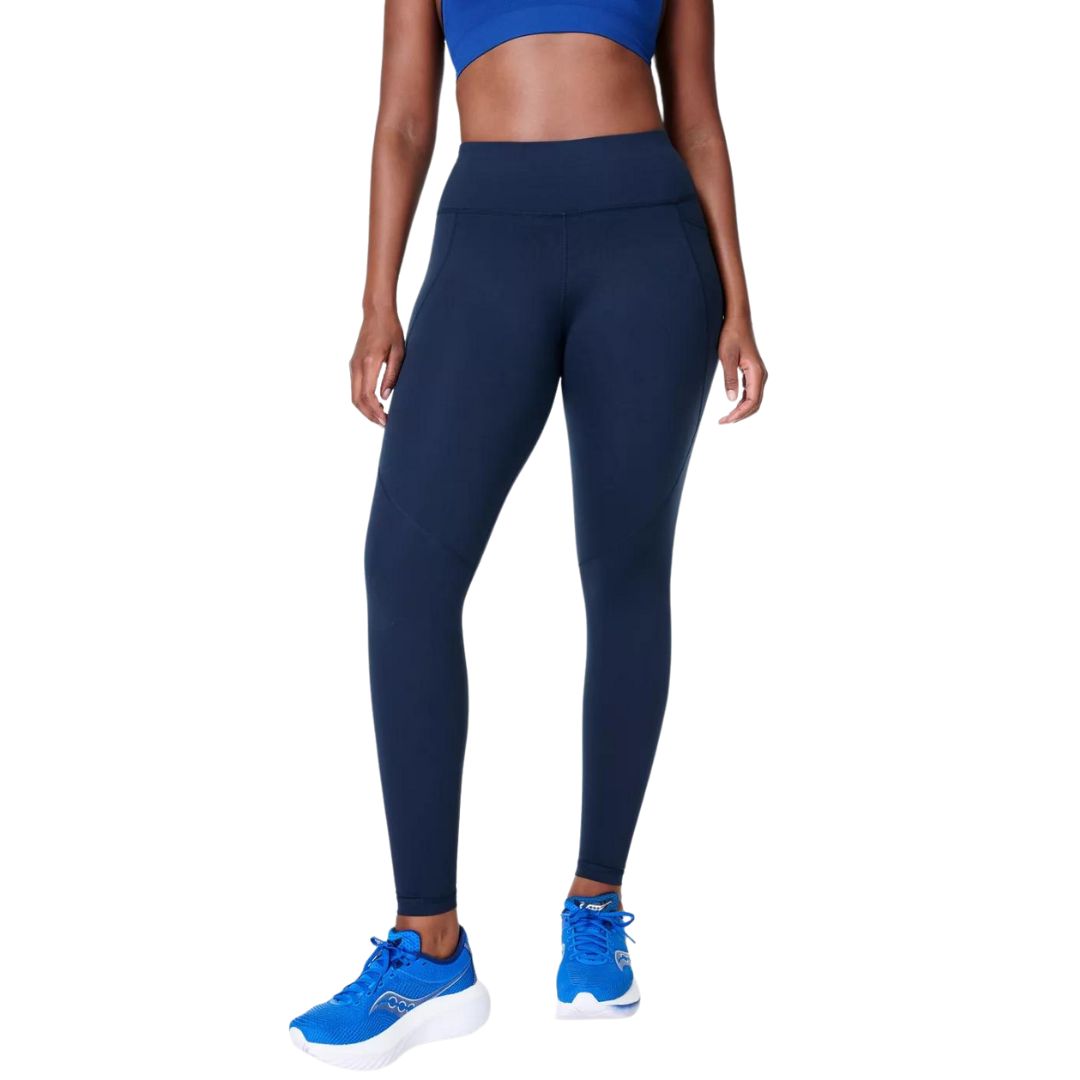
These sweat-wicking Sweaty Betty leggings get our vote. They're breathable, quick-drying and super comfy - in other words, definitely up to the task.
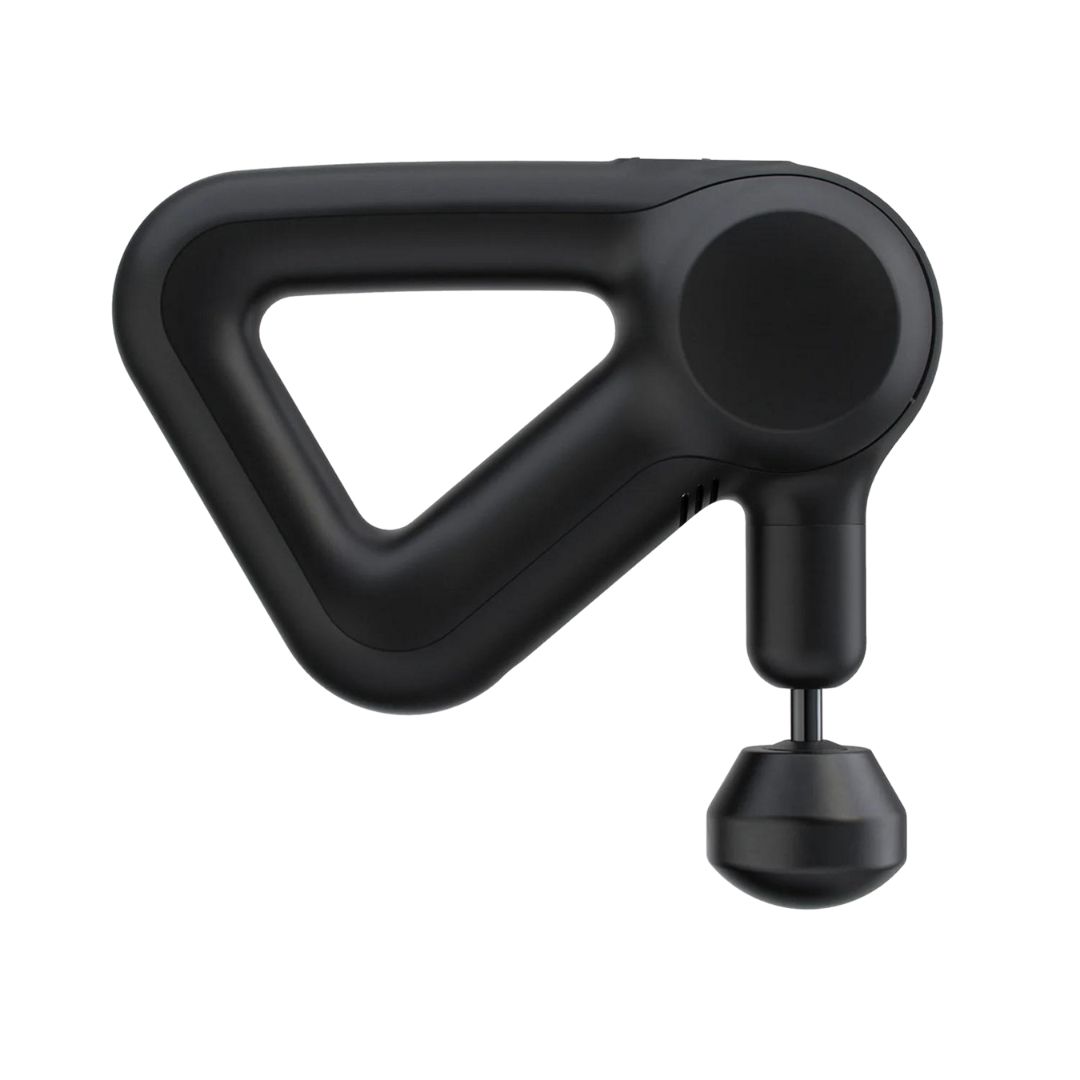
Save 38% this Cyber Monday
This is one of the best investments you can make if you're looking to boost your recovery - a more affordable at home masseuse, if you will. Health Editor Ally Head has this Theragun model at home and uses it to ease tight muscles, aches, and pains.
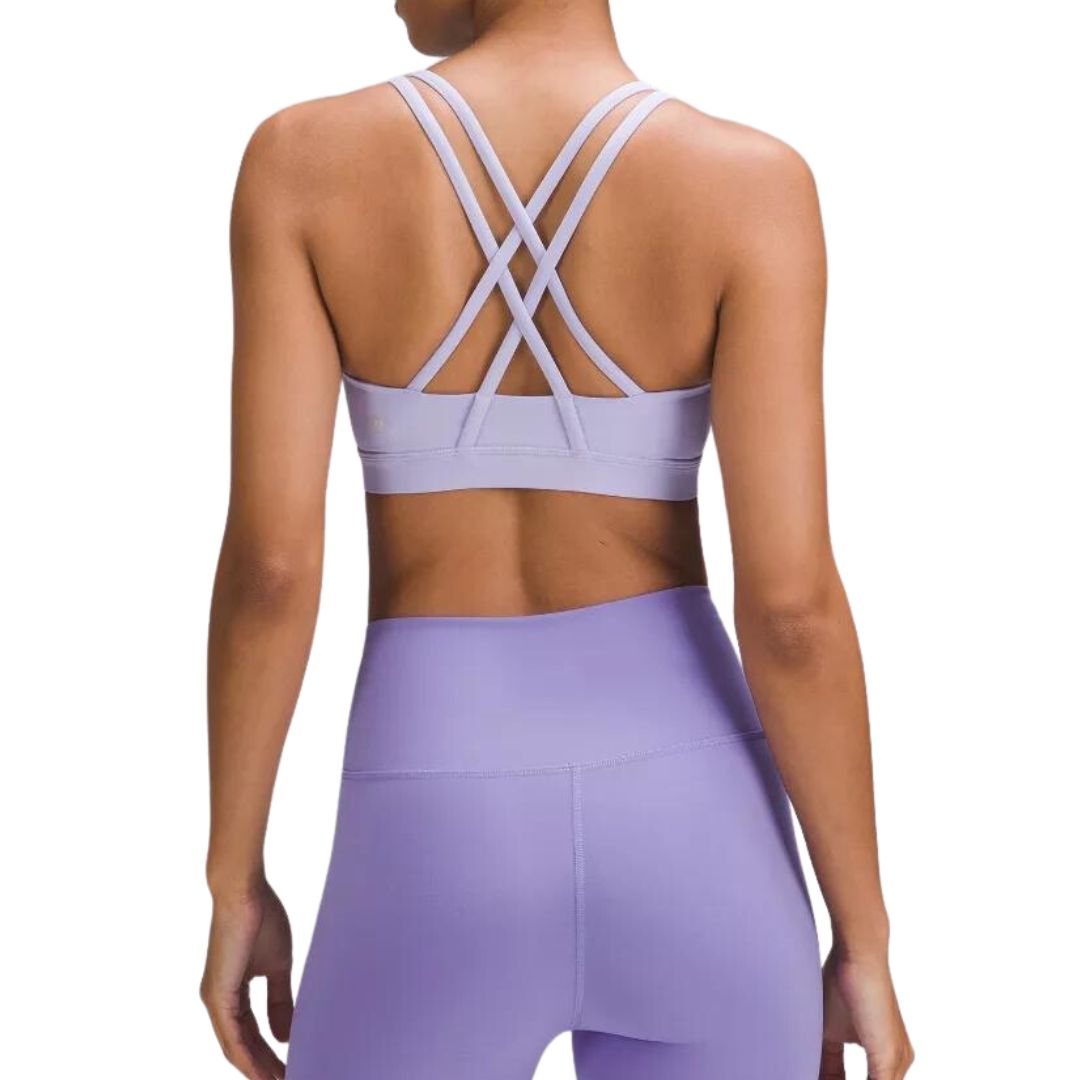
Save 24% this Cyber Monday
Our Health Editor Ally swears by this bra for the right amount of medium support and wears them on repeat for strength training, running and more.
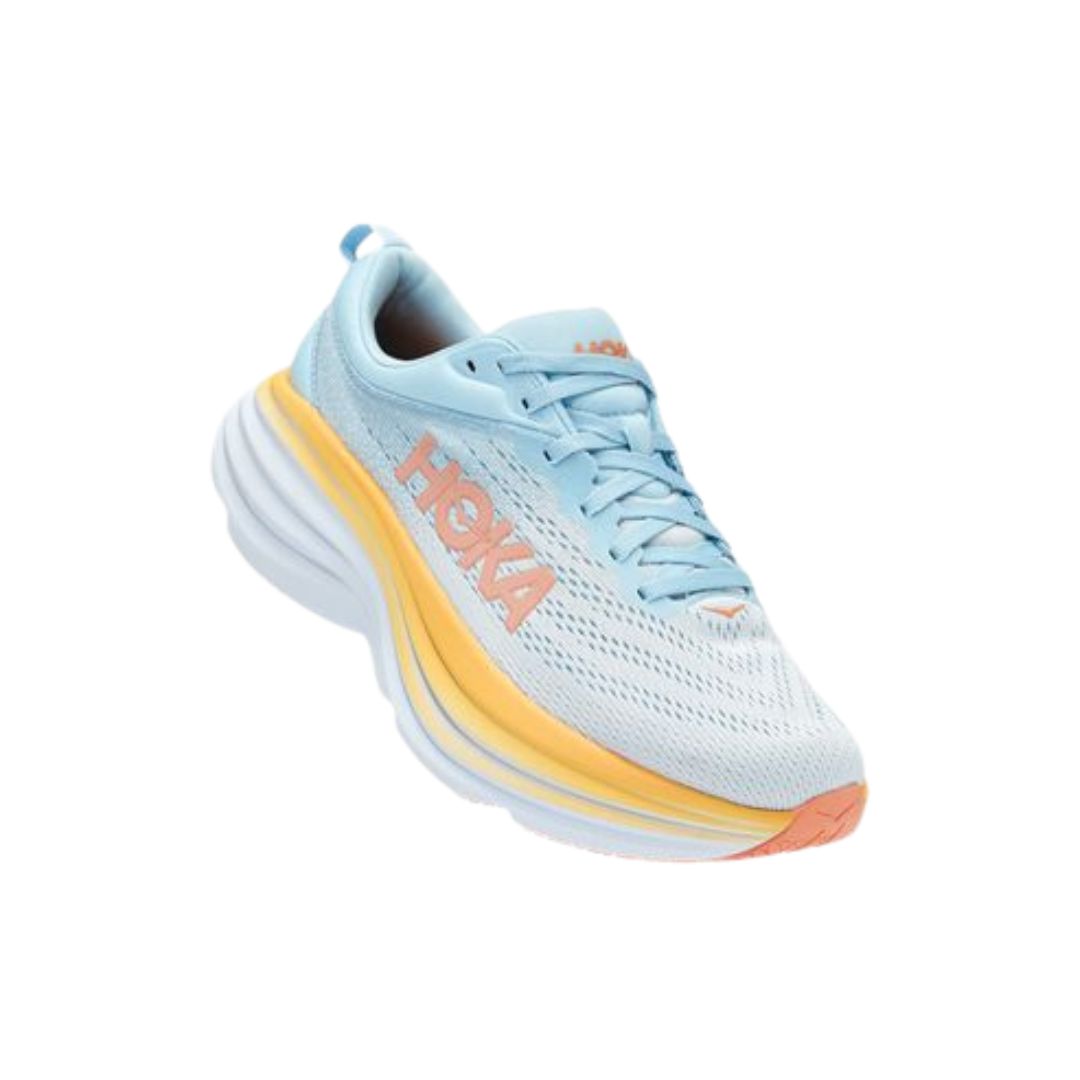
Looking to invest in a stylish but reliable pair of workout trainers? Our Health Editor hails these the comfiest shoes she's ever worn and that's through "a lot of hikes, 5km's and long runs, offering support and stability along the way, too".
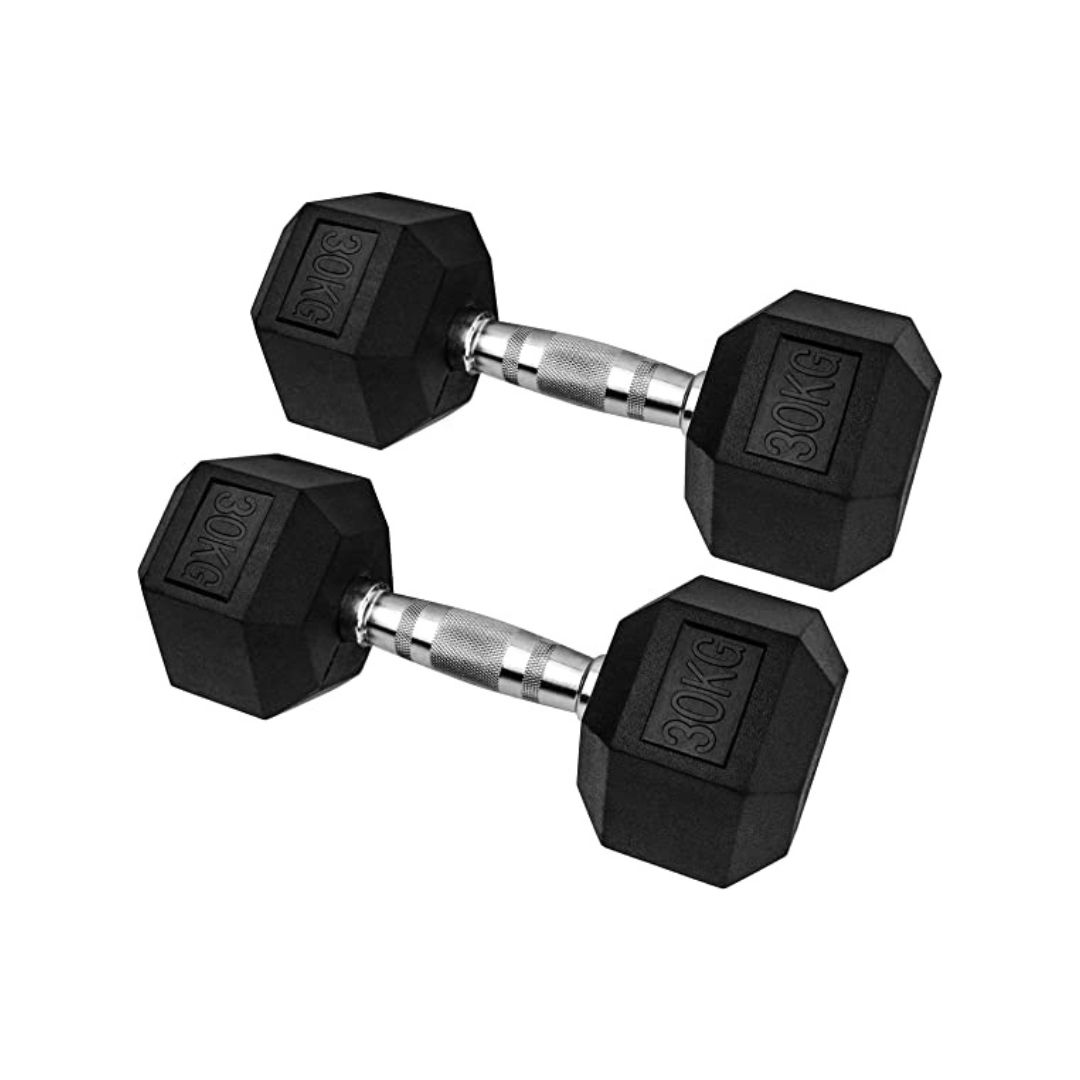
While you certainly don't need weights for functional fitness workouts - just your body weight will do - if you want to take things up a notch, these dumbbells are a firm favourite of MC UK Senior Health Editor Ally Head. They're affordable, as weights go, but high quality, too.
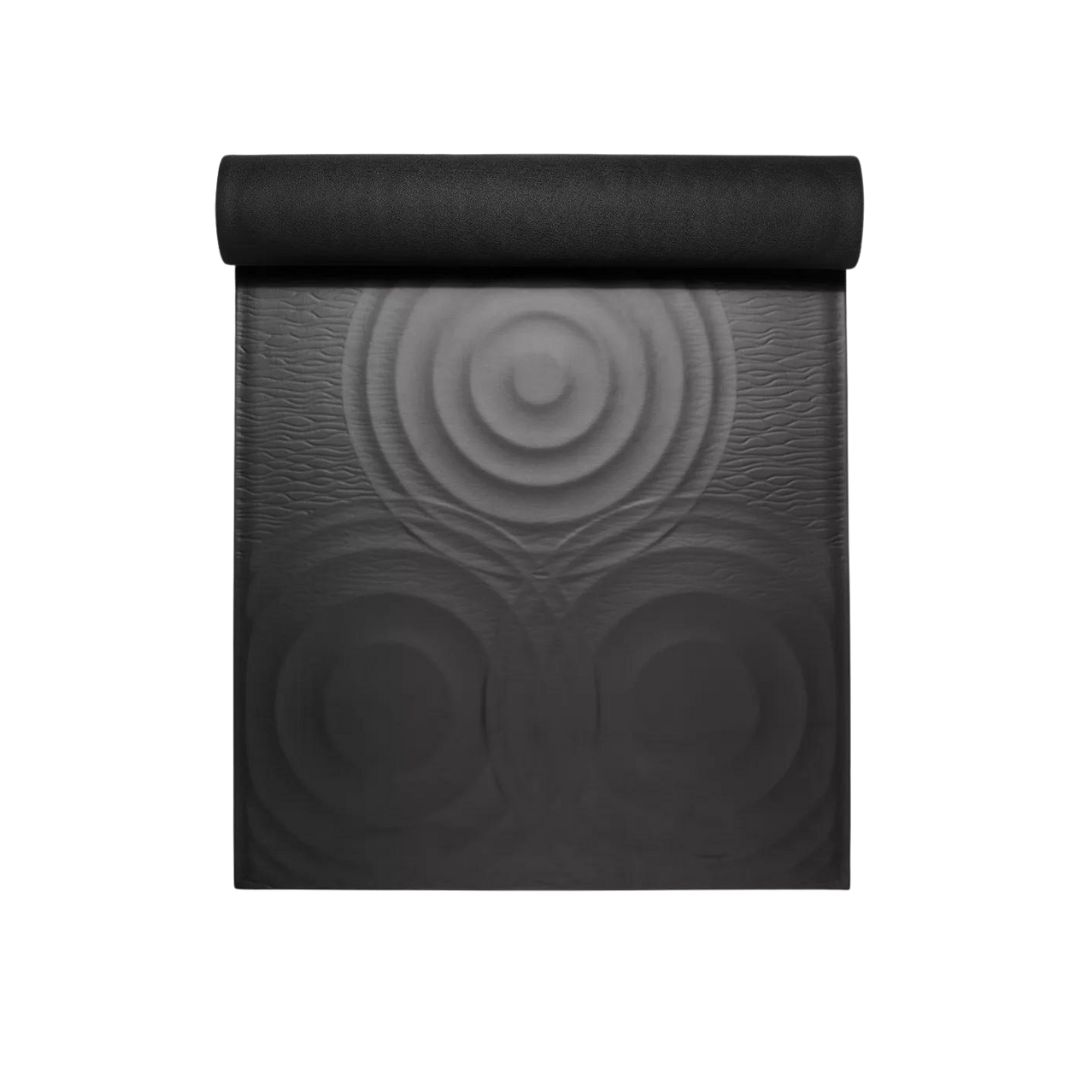
Topping our guide to the best yoga mats is this super popular 5mm-thick mat that comes with a whole load of cushioning, visual alignment cues and moisture absorption. Put it this way: it’s a deliciously padded mat that you won't mind getting out of bed for.

Liz started her journalism career reporting on fashion at ELLE, GQ and Fashion Beans before finding a love for all things fitness and travel.
Keen to report on her favourite topics, she moved over to the lifestyle desk at The Evening Standard before taking the reins as health and wellbeing editor at news and features agency PA Media. She has also been a senior commissioning editor for the publisher Penguin Random House, finding future bestsellers in the self-development field.
Liz’s features have taken her from fashion front rows to the furthest reaches of the planet, via several hundred sweaty basement gyms in London. Her favourite aspect of her job is getting to write about new trends, whether it’s an under-the-radar travel destination or a TikTok-inspired workout method.
Since going freelance, Liz has written for titles including The Independent, National Geographic Traveller, Stylist, Prospect, Yahoo, and MSN. When she's not writing on her laptop, you'll probably find her at a gig, eating at a new restaurant, or listening to Taylor Swift.
-
 These are without a doubt the best wedding dress shops in London
These are without a doubt the best wedding dress shops in LondonThe search for your dream bridal look is over
By Jazzria Harris
-
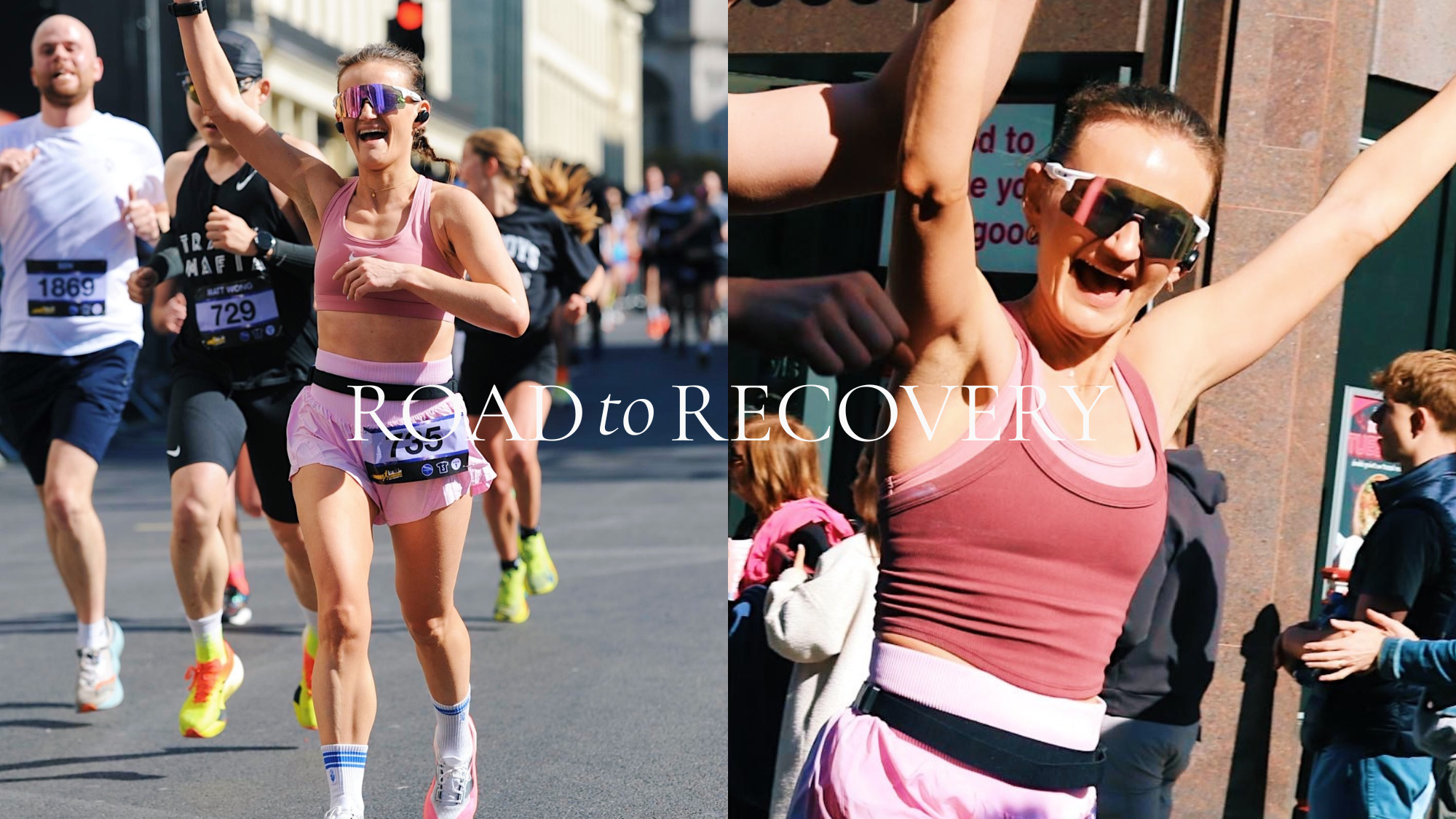 Road To Recovery: I won't be making the London Marathon start line. But that doesn't mean the dream is dead
Road To Recovery: I won't be making the London Marathon start line. But that doesn't mean the dream is deadThis year’s mood? Patience, persistence and the power of a keep-on-keeping-on-attitude.
By Ally Head
-
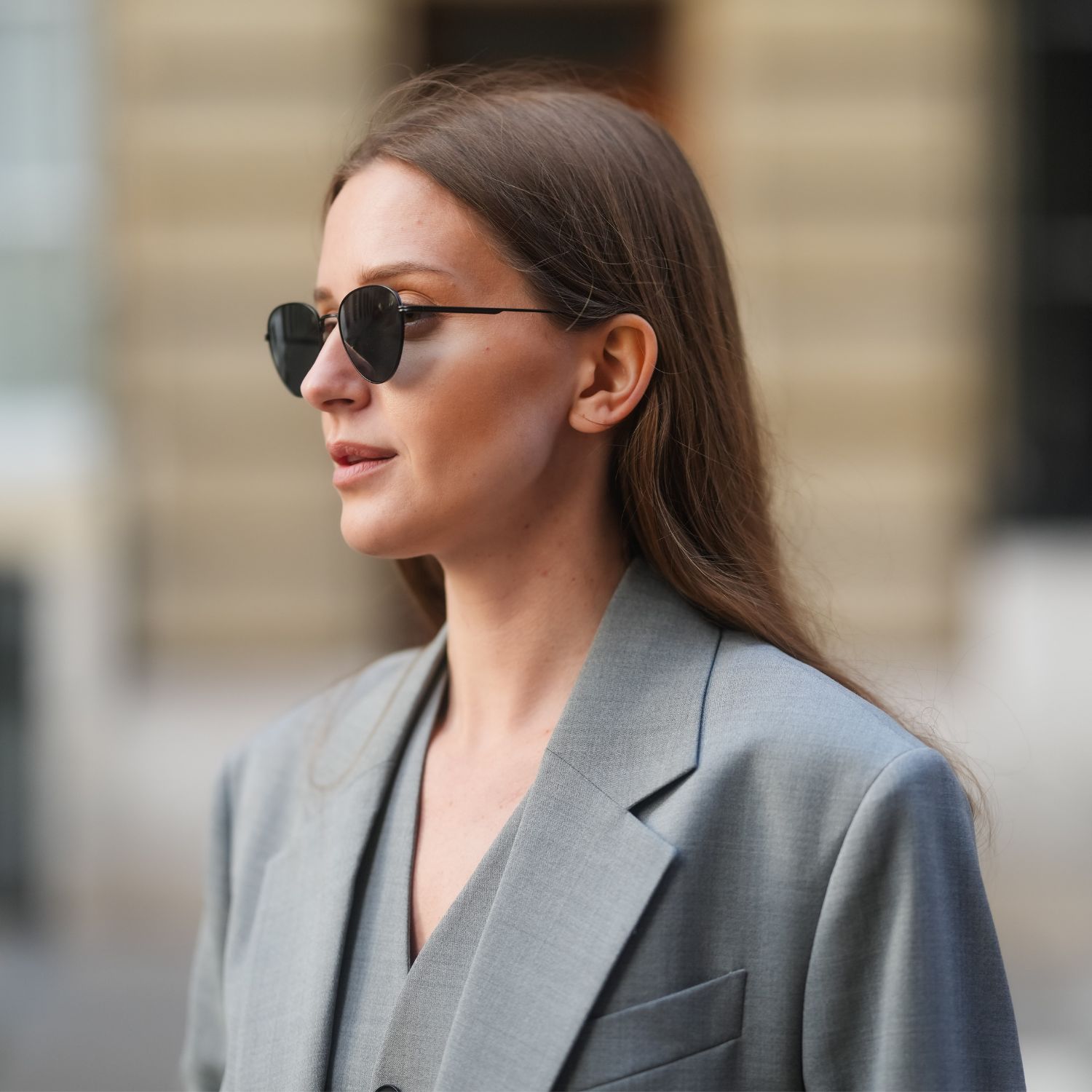 Every make-up artist I meet says contouring is back—here’s how to do it in 2025, according to experts
Every make-up artist I meet says contouring is back—here’s how to do it in 2025, according to expertsBreak out the sculpting sticks...
By Jazzria Harris